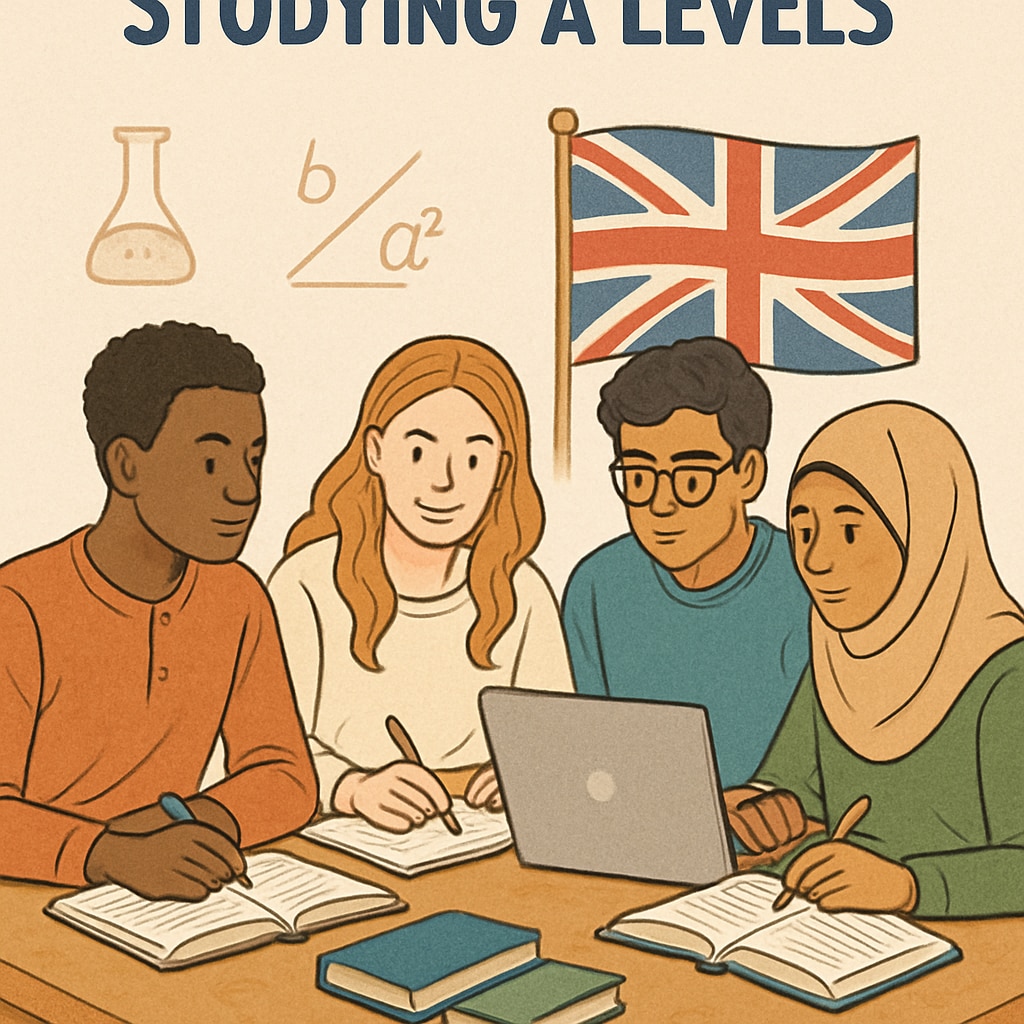Turkey’s education system has long been dominated by a centralized exam-oriented approach. This focus on high-stakes testing not only creates immense exam pressure but also stifles creativity and critical thinking among students. In contrast, systems like the UK’s A Level framework prioritize personalized development and subject specialization. To address these pressing issues, education reform in Turkey must shift its focus from rote memorization to fostering individual talents and holistic growth.
The Burden of an Exam-Centric Education System
Turkey’s education system operates under a highly centralized model, where students’ academic and professional futures hinge on the results of national standardized tests, such as the LGS (High School Entrance Exam) and YKS (University Entrance Exam). While these exams aim to ensure fairness and meritocracy, they inadvertently create a one-size-fits-all approach. As a result, students are often forced to prioritize test preparation over developing practical skills, creativity, or independent thought.

The consequences of this exam-driven model are far-reaching. For instance:
- High levels of stress and anxiety among students.
- Limited opportunities for students to explore extracurricular interests.
- A curriculum that prioritizes memorization over analytical or problem-solving skills.
These issues not only hinder students’ personal development but also fail to equip them with the skills needed for a rapidly evolving global job market.
Lessons from the UK A Level System
In stark contrast to Turkey’s rigid structure, the UK’s A Level system offers a more flexible and student-centered approach. A Levels allow students to select subjects based on their interests and career aspirations, promoting deeper engagement and mastery in those areas. Additionally, the grading system evaluates both coursework and exams, reducing the disproportionate reliance on a single test.
This model has several advantages:
- Encourages specialization and in-depth learning in chosen subjects.
- Balances academic rigor with opportunities for extracurricular growth.
- Supports diverse learning styles through a combination of assessments.
By incorporating elements of the A Level system, Turkey could move toward an education model that values individuality and lifelong learning. For example, Turkey might consider introducing modular exams or allowing students to choose electives alongside core subjects.

Proposed Steps for Reforming Turkey’s Education System
To reform its education system, Turkey needs a strategic, phased approach. Below are some actionable recommendations:
- Reduce Exam Dependency: Gradually reduce the importance of national exams by incorporating alternative assessment methods, such as project work, internships, and portfolio evaluations.
- Transform the Curriculum: Shift from a memorization-heavy curriculum to one that emphasizes critical thinking, creativity, and problem-solving. This aligns with modern educational philosophies.
- Teacher Training: Equip educators with the skills and resources needed to encourage personalized learning and foster diverse talents.
- Invest in Vocational Education: Develop pathways for students interested in technical or vocational careers, reducing the pressure to excel in academic tracks.
- Introduce Flexibility: Allow students to choose elective subjects and explore interdisciplinary studies, similar to the A Level model.
By implementing these changes, Turkey can create an education system that nurtures well-rounded individuals capable of thriving in the 21st century.
Conclusion: The Necessity of Education Reform
Turkey’s exam-focused education system has reached a critical juncture. Without meaningful reform, it risks perpetuating a cycle of stress and limited opportunities for its students. By learning from international models like the UK’s A Level system, Turkey can chart a path toward a more inclusive, personalized, and future-ready education system. This shift will not only benefit students but also strengthen the nation’s ability to adapt to global challenges.
Ultimately, breaking free from the exam maze is not just a matter of policy but a commitment to prioritizing the diverse potential of every student.
Readability guidance: Short paragraphs, balanced use of lists, and careful integration of transition words ensure clarity. The recommendations provide actionable insights while avoiding technical jargon.


